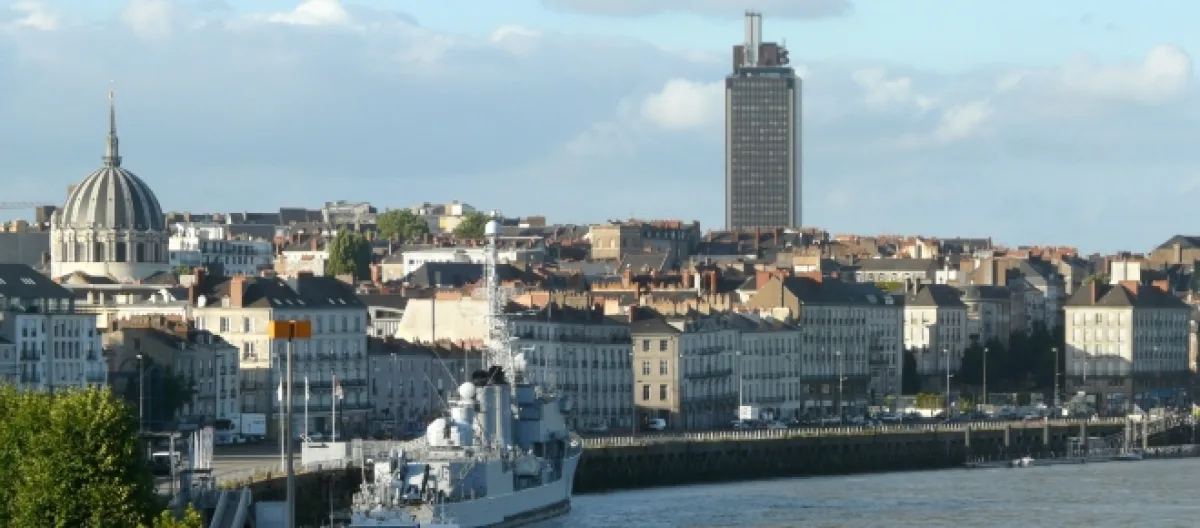When you are looking for a city which has a little something for everybody, Nantes fits the description in an absolute sense. The city consists of stark reminders of its rich history and is infused with the technological, architectural and lifestyle advancements boasted only by the most advanced cities around the world. The people of Nantes, like most places in France, aim to preserve their culture and traditions and in Nantes, they do so while accepting the need for global interaction.
Nantes is the fourth-highest-ranking city in France, after Paris, Lyon and Marseilles according to the Globalisation and World Cities Research Networks which studies cities of the world in the context of globalisation.
Historical significance
The seventeenth century saw Nantes become one of the largest ports in France and responsible for almost half of the Atlantic slave trade involving France. Nantes has been the unofficial capital of the Brittany region of France. Brittany, which was an independent kingdom with a history of feuds with France before uniting and forming the Kingdom of France in 1532, is also recognised as one of the six Celtic nations by the Celtic League.
The division of France into various administrative regions in 1956 and the exclusion of Nantes and the surrounding regions from Brittany is to date a controversial topic in France. The inhabitants of the region are known as Bretons and retain their cultural identity separate from the rest of France.
European Green Capital
Nantes makes it a point that being green is better, something which helped it earn the award for European Green Capital for 2013 - the only French city to win the award. Out of the many attractions in the city, the botanical garden Jardin des Plantes stands out. Over 200 years old, the garden contains more than 10,000 species of plants around ponds, waterways, and paths, with an artificial mountain and a collection of statues, as well as pavilions, fountains, and an ever changing collection of experimental architecture.
The rivers Erdre and Loire traverse the city, resulting in the title of 'Venice of the West'. Renowned author Jules Verne was born in Nantes and the city contains various reminders of his life and work, including a museum and various temporary exhibitions.
Similarities to the city of Nantes are observed in Seattle in the United States, the two are sister cities and share a geographic similarity as both lies close to the ocean, both cities are striving with multicultural life and possess a sense of acceptance of different cultures and people from all walks of life. The stereotypes of France are to a large extent contradicted in Nantes as the people are understanding towards visitors who do not speak French, largely drawing from the fact that the city boasts one of the biggest student populations in France with over 50,000 registered students in 2016-2017.
The people of Nantes understand the need for modernisation and global connectivity of the city and hence are welcoming or at the very least tolerant of people not from France. Like any other place in France, respect of the language and culture is required for a pleasant experience with the people, whether you need help or for casual conversation, it's always a case of you get what you give.
